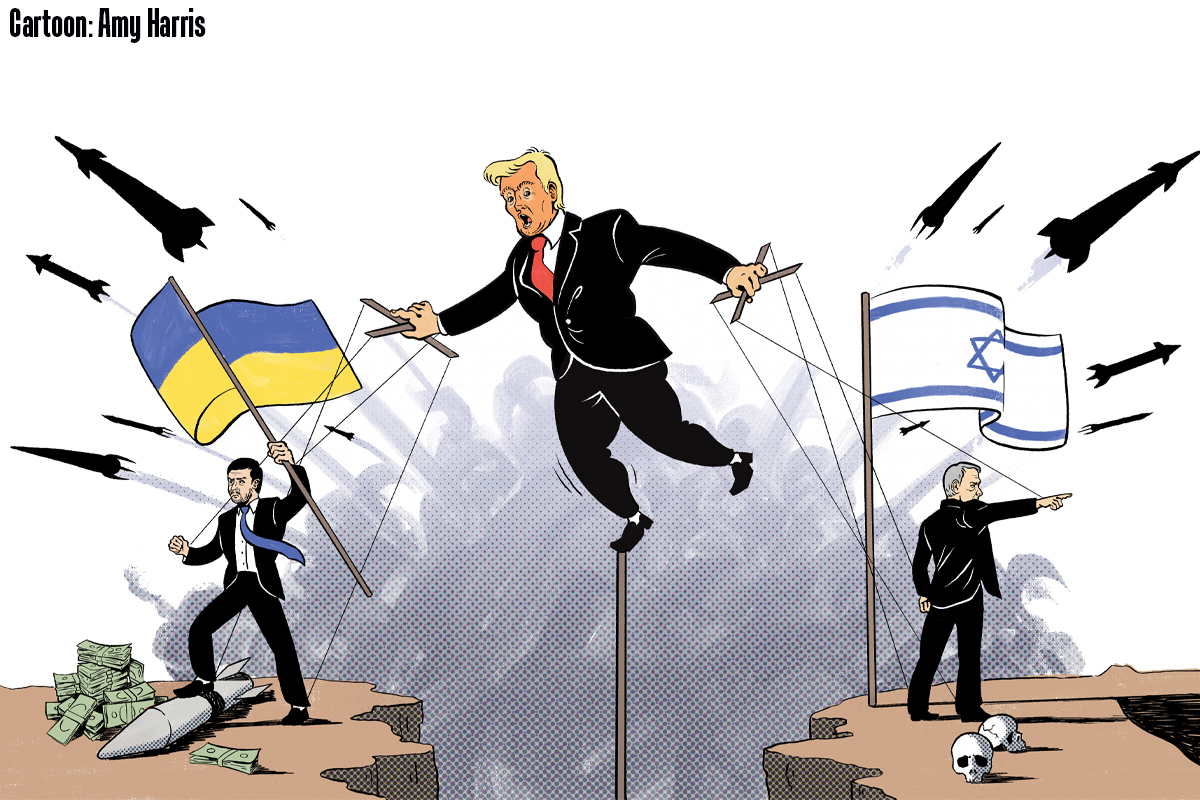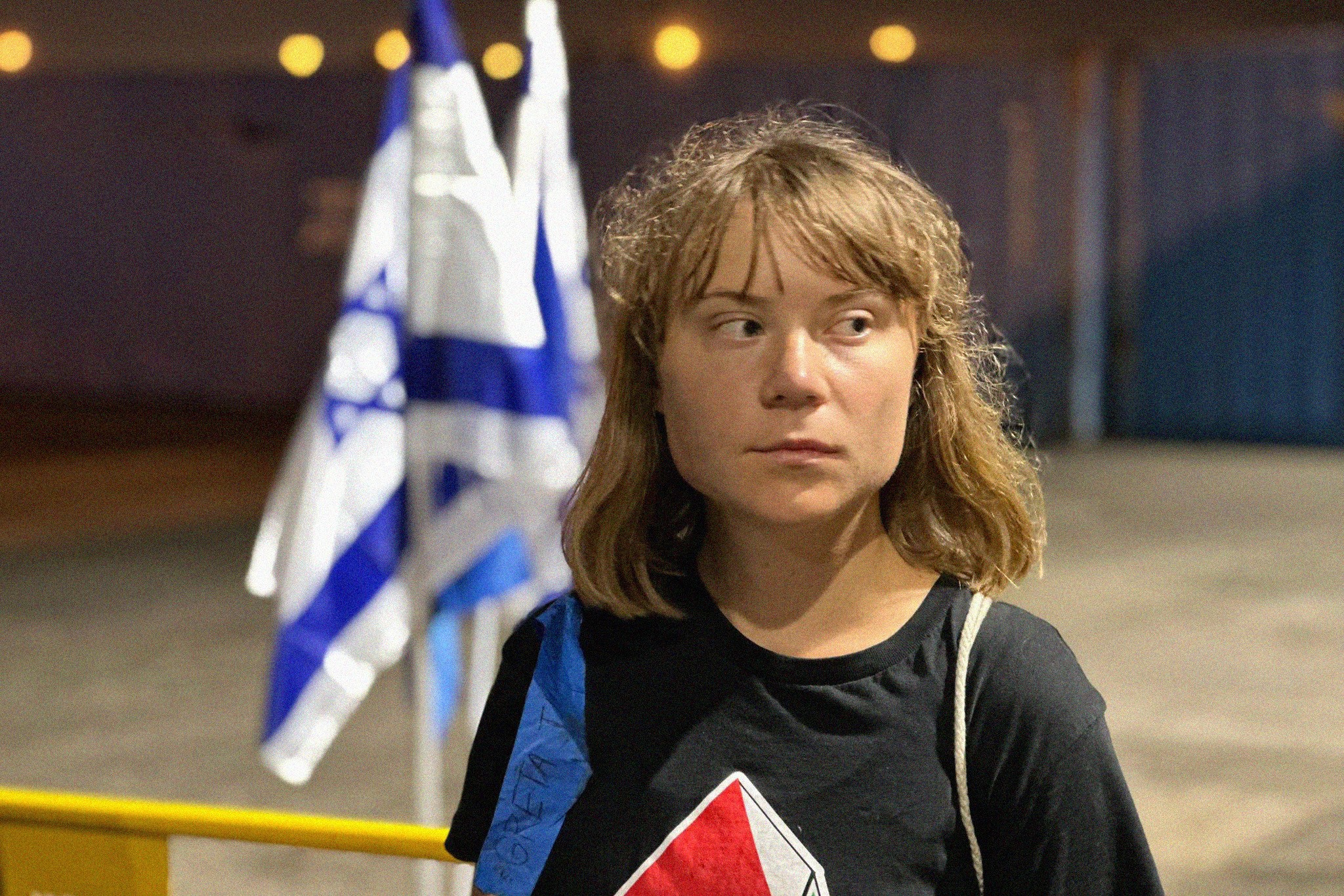In just over two years time London will be staging the 2012 Olympic Games. However, before then we have the Winter Olympics, taking place this year in Canada. So how does the Canadian working class view this ‘great event?.’ John Haggerty from Canada reports.
Despite the images of natural beauty and pleasant ‘middle class’
life that will be broadcast to the world in February, Vancouver is a
troubled city and B.C. (British Colombia) is a troubled province. In the past decade,
Gordon Campbell’s Liberals have brought unprecedented cuts to social
services.
Welfare has been slashed, along with health-care, education, and
virtually every other service. The railroads, ferry lines, and much of
the power system have all been privatised. In addition to the cuts,
labour laws have been changed dramatically in favour of the bosses, and
corporate taxes have been slashed to the lowest rate in Canada, paid
for by the cuts in services.
The end result is a province that has seen poverty and inequality
rise to unprecedented levels. For the last six years, B.C.’s rate of
child poverty has been the highest of any province in Canada. Vancouver
has become a city of sharp contrast between rich and poor. The infamous
Downtown Eastside sits only a few blocks from posh Yaletown and the two
most prominent Olympic venues: B.C. Place, which will house the opening
ceremonies, and G.M. Place, which will house men’s hockey. Jim Green,
former city councillor and two-time mayoral candidate, recently
described the Downtown Eastside as “the heroin, AIDS and TB capital of
the industrial world.” This claim is well supported by facts: the rate
of HIV infection in the neighbourhood is the same as in Botswana.
Meanwhile the provincial deficit for last year was estimated at
$2.8-billion. In an effort to balance the books, further cuts have
already been announced to vital programs aimed at tackling poverty, and
the government has promised to keep cutting until the deficit is
eliminated.
These realities underscore the tremendous waste that is the
Olympics. Originally, we were promised that through the magic of
public-private-partnerships, the government would be on the hook for
only a very small portion of the costs. We were told that there would
be huge economic spinoffs from hosting the games, such as tourist
revenue and increased investment stemming from worldwide exposure. It
was presented as a win-win scenario, with nothing but positive results
for everyone in BC.
This dream of a zero-cost Olympics has since been smashed by
reality. Most prominently, the bailout of a private corporation that
was contracted to build the athlete’s village (to be funded entirely by
the sales of the luxury condos after the games’ conclusion) has cost
the city of Vancouver $1.2-billion. Criminally they appear to have
reneged on a commitment to turn part of the athletes’ village into
social housing. This bailout received a lot of press, but there have
been similar bailouts of other corporations involved in
public-private-partnerships. With additional costs and
“budget-overruns” included in the calculations, the total cost of
hosting the games is now estimated at approximately $7-billion.
Although the problem of escalating poverty cannot be solved under
capitalism, money wasted on the Olympics makes an extremely bad
situation far worse.
Along with being forced to pay the costs of hosting the Olympics
through government cuts, the working class has been priced out of seats
for the events. With the majority of tickets costing well over $100,
this is a party to be enjoyed only by the rich, while the working class
pays the bills and watches on TV. The costs are not limited to
Vancouver or to BC, and are being felt across Canada. Despite the
record $56-billion deficit, the federal government is on the hook for
the $900-million needed to pay for security at the Games.
Probably the most glaring example of how the games are for the rich
is the way in which those in poverty are being treated by the Games’
organizers. The above-mentioned “security” that taxpayers are paying
for is being used to militarize the city, push the poor into hiding,
and prevent democratic dissent. The “Assistance to Shelter Act”
effectively allows homeless people to be kidnapped and forced off the
streets. Bill 13 criminalizes anybody with an anti-Olympics poster
under the guise of copyright protection. Activists are being detained
and harassed at the US border and it is an open secret that police are
planning to infiltrate protest groups; they may even instigate violence
to justify a crackdown.
As well as being an effective subsidy from the poor to the rich, the
Olympics are providing a useful distraction for Stephen Harper. The
Conservatives are desperately trying to get people to forget the Afghan
detainees torture scandal. Richard Colvin, a high-ranking Canadian
diplomat who was stationed in Afghanistan, testified that the Canadian
occupation of Afghanistan directly led to an increase in Taliban
support in that country. As well, they are trying to escape the public
outcry over the cost of the Games and the fact that despite proclaiming
the end of the recession, working-class Canadians are still bearing the
brunt of the capitalist crisis.
Last year, people stomached the undemocratic closure of Parliament
because they did not support the Liberal-NDP coalition. This year,
however, people are outraged that Harper is once again invoking
prorogation to try to get out of another tight spot. As this editorial
is being written, the Tories have dropped nearly 10 percentage points
in the polls into a tie with the Liberals. By suspending Parliament
whenever his government gets into trouble, Harper is having the
unintended effect of showing Canadians the sham that is bourgeois
democracy. It remains to be seen whether people will be successfully
distracted for the duration of the Olympic circus; but, after the
Games, it looks like there will be both an economic and political
hang-over.
By the end of February, we will all be left looking at our city, our
province, and our country, and we will ask ourselves what we got out of
the deal. The answer will be nothing but a debt-ridden mess, an erosion
of civil liberties, and attempt to dodge accountability for torture in
Afghanistan. As for economic spinoffs, a boatload of fresh debt and
cuts on the horizon mean we’re in for more of the same – another lap in
the race to the bottom. At least it will be a good party, even if none
of us are invited.






